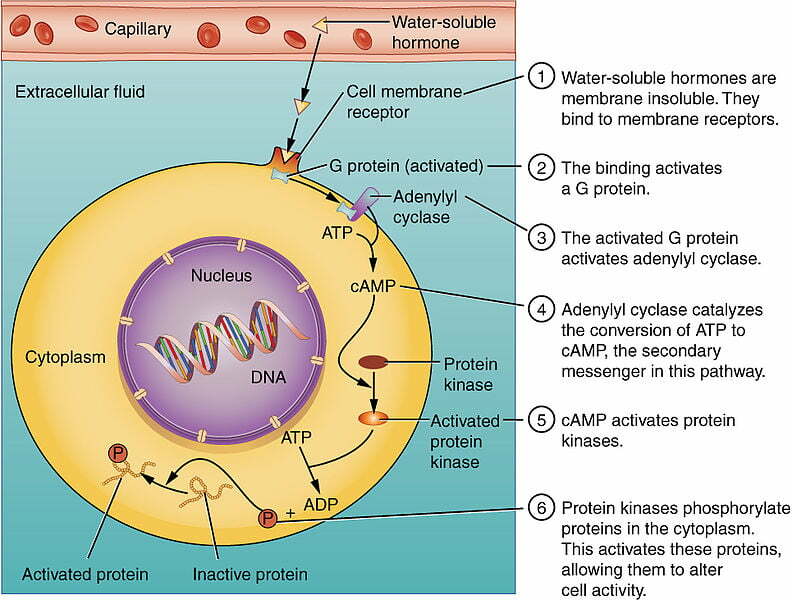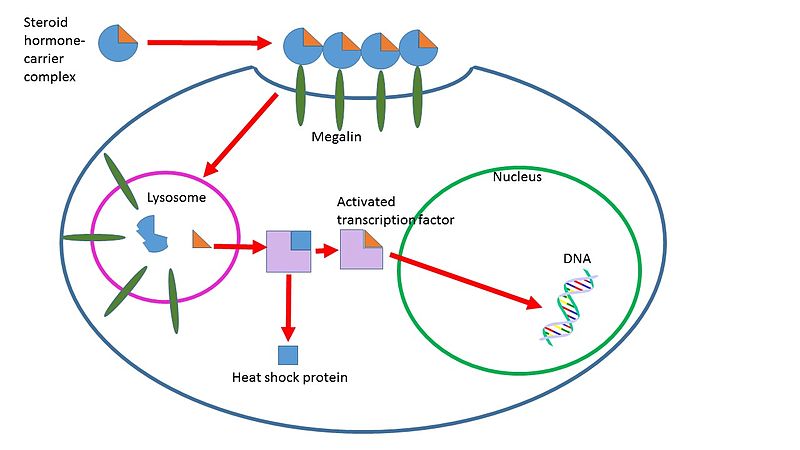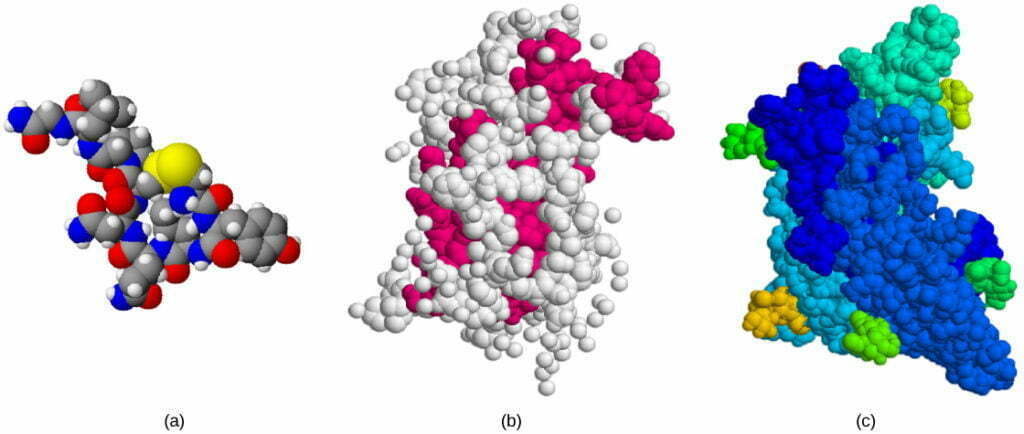What Are Peptide Hormones?
Peptide hormones are peptides that act as hormones. They are released by endocrine cells and affect the function of other cells in the body. Peptide hormones are involved in a variety of physiological processes, including growth and development, metabolism, reproduction, and many others.
Examples of Peptide Hormones
Examples of peptide hormones include: adrenocorticotropic hormone (ACTH), calcitonin, cholecystokinin (CCK), corticotropin-releasing hormone (CRH), erythropoietin (EPO), follicle stimulating hormone (FSH), ghrelin, growth hormone (GH), luteinizing hormone (LH), melanocyte-stimulating hormone (MSH), oxytocin, peptide YY (PYY), renin, secretin, thyrotropin-releasing hormone (TRH), and vasopressin.
The effects of peptide hormones are mediated by binding to specific receptors on target cells. This triggers a signal transduction cascade that results in the activation or suppression of specific cellular processes. Peptide hormones are important regulators of many physiological processes and play a vital role in maintaining homeostasis.
Difference Between Peptide and Steroid Hormones
Peptide hormones are peptides, while steroid hormones are lipids. Peptide hormones are water-soluble and can therefore diffuse easily through cell membranes. Steroid hormones are lipid-soluble and can pass through the cell membrane to reach their target cells.
Peptide hormones are usually produced by endocrine glands, while steroid hormones are usually produced by the adrenal gland. Peptide hormones are released into the bloodstream, where they circulate until they reach their target cells. Steroid hormones are released into the blood, where they bind to specific proteins (carrier proteins) that transport them to their target cells.

Once peptide hormones bind to their receptors on target cells, they activate second messenger systems that produce changes in cell function. Steroid hormones directly bind to their receptors on target cells and alter gene expression, resulting in changes in cell function.
Peptide hormones are shorter than steroid hormones and have a wider range of activities. They are also more easily regulated than steroid hormones. Peptide hormones are typically storage forms of larger proteins that are cleaved into smaller peptides when they are needed. This allows for more precise regulation of hormone levels. Additionally, peptide hormones are often degraded quickly by enzymes, so their effects are short-lived. Steroid hormones, on the other hand, are not peptides and cannot be cleaved into smaller units. They are also not degraded by enzymes, so their effects can last for hours or days.
Different body cells can respond differently to the same peptide hormones because peptide hormones can bind to different types of receptors.
Receptors for peptide hormones are often found on the surface of target cells, while receptors for steroid hormones are often found inside target cells. This difference is due to the differences in the structure of peptide and steroid hormones. Peptide hormones are water-soluble, so they cannot pass through the cell membrane. Steroid hormones are lipid-soluble, so they can pass through the cell membrane.
The half-life of peptide hormones is generally shorter than that of steroid hormones. Peptide hormones are usually degraded by enzymes, while steroid hormone levels are regulated by the liver.
Steroid Hormones vs. Peptide Hormones
Steroid hormones are a type of lipid hormone that is produced by the adrenal gland. Peptide hormones are a type of protein hormone that is produced by endocrine glands.
Steroid hormones are transported in the blood bound to specific proteins. Peptide hormones are transported in the blood unbound.

The effects of steroid hormones are typically longer-lasting than those of peptide hormones.
Steroid hormones are typically not peptides, while peptide hormones are usually peptides.



